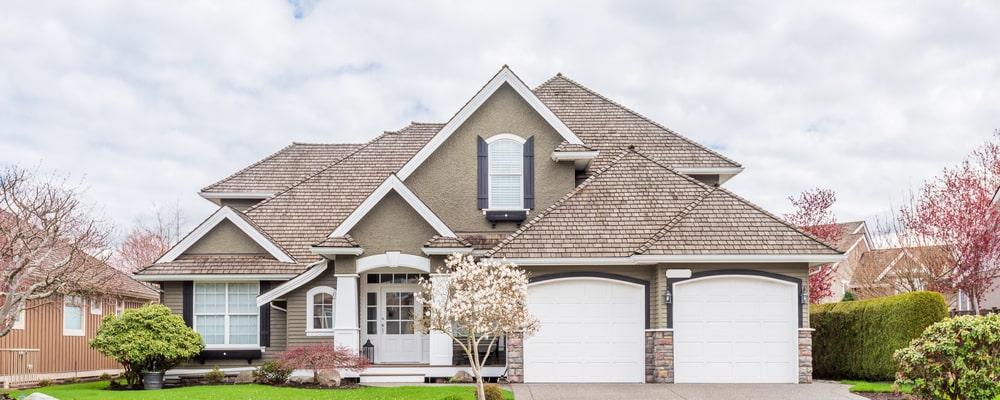1512 Artaius Parkway, Suite 300,
Libertyville, IL 60048
Call for a FREE Phone Consultation
847-549-0000
Video Consultations Also Available
 Spanish
SpanishServing Clients Across 7 Illinois Locations
Libertyville Lawyers for Partition Actions

Real Estate Attorneys Helping Divide Jointly-Held Property in Cook, Lake, McHenry, DuPage, Will, and Kane County
Do you own real property jointly with someone else? Are you interested in selling your share of the property, but the other owners are stalling? If the answer to both of these questions is "yes," you may need to file a partition action so that you can receive fair compensation for your holdings, regardless of what your co-owners wish to do with theirs.
At Newland & Newland LLP, our experienced real estate attorneys are well-versed in partition actions. Our legal knowledge and background afford us unique insight into such cases, and we are fully prepared to work closely with you in protecting your rights. Before you make any decisions regarding your property, speak with a member of our team first. If you live in the greater Chicago area, we are here to help you understand your options.
What Is a Partition Action?
Partition actions may be used in several areas of law, but they are most specific to situations involving joint owners of real estate. When at least two owners cannot reach an agreement regarding the disposition of their property, any one of the owners can file a lawsuit known as a "partition action" in a court with appropriate jurisdiction.
In a partition action, the petitioner is generally looking for a way out of his or her ownership, which means he or she is usually seeking relief in the form of a court-ordered sale of the property. A partition action is usually an option of last resort, as the petitioner will have typically tried to negotiate a buyout or another arrangement with the other owners before filing suit.
The most common form of relief in a partition action is a court order requiring the property to be sold and the proceeds of the sale to be divided among the owners in proportion to their ownership interests. If the property can be divided—in the situation of a vacant, unimproved parcel of land, for example—the court could order the parcel to be divided among the owners. Even then, however, the most practical solution might still be to sell the entire property.
When Is a Partition Action Necessary?
There are many situations in which multiple owners might end up owning property together. For example, a property may be owned by a single person, who then dies in a tragic accident. The property may be passed on to the person's adult children through the decedent's will or by the operation of law. The adult children may have different ideas and goals for the property, and if an agreement cannot be reached, a partition action may be necessary. The same may be true for an unmarried couple who buy a home together and then break up or former business partners who jointly own the site of a failed venture.
Legal Counsel When You Need It
At Newland & Newland LLP, we know that partition actions can be filed regarding both residential and commercial real estate property. We also realize that expenses related to maintenance and upkeep of the property will usually be factored into the ultimate distribution of the proceeds of the sale. If you are facing a possible partition action, our attorneys will work closely with you to ensure that your rights and best interests are fully protected every step of the way. We will help you gather and present all necessary documentation, and we can even help with settlement negotiations before and during the litigation process. In every case, our goal is to help you receive full compensation for your holdings, no matter how complex or confusing your case might be.
Call 847-549-0000 for a Free Consult
To learn more about our firm and how we can help with partition actions in Illinois, contact our office. Call 847-549-0000 to schedule a free consultation with a member of the team at Newland & Newland LLP today. We serve clients throughout Kane County, DuPage County, Lake County, McHenry County, Will County, Lake County, Cook County, and the surrounding areas.
 Stop Foreclosure
Stop Foreclosure
















